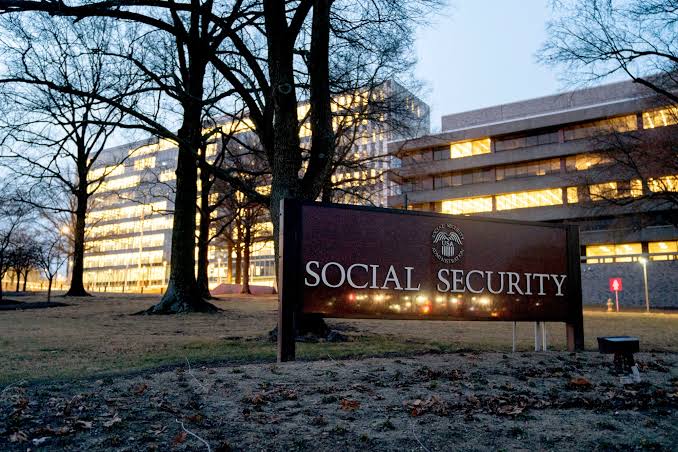Japan’s GPIF to Maintain Asset Allocation, Investors See Limited Impact
Tokyo, March 13: Japan’s Government Pension Investment Fund (GPIF), one of the world’s largest pension funds, is reportedly set to maintain its current asset allocation for the next five years, starting April 2025. Despite months of speculation that GPIF might increase investments in domestic stocks and bonds, equity investors see only a limited impact from the decision.
GPIF’s Asset Allocation Plan
According to a report by business daily Nikkei on Tuesday, GPIF will continue its 25% allocation each to domestic and foreign stocks and bonds. A GPIF spokesperson declined to comment, stating that the official asset allocation plan will be announced by March 31.
The 260 trillion yen ($1.75 trillion) fund has been under close market scrutiny, as analysts speculated whether it would boost domestic investments. However, the report suggests no changes to its portfolio strategy.
Japanese Stocks See Muted Reaction
Japanese equity markets showed little change on Wednesday, reflecting the limited market impact of the news. The decision comes at a time when Japanese equities have already declined more than 8% from their all-time highs in July last year.
Market Expert Views
According to Koichi Kurose, Chief Strategist at Resona Asset Management Co., the recent drop in Japanese equities has lowered GPIF’s weighting in domestic stocks. If the fund had decided to increase its allocation, it would have been forced to buy more stocks.
“There was no need to be bullish on Japanese stocks when there’s uncertainty around the Trump administration’s policies,” Kurose said, referring to the ongoing trade tensions between the U.S. and its key partners.
Global Market Uncertainty & U.S. Tariff Risks
U.S. President Donald Trump’s tariffs have sparked volatility in global markets, raising fears about slower economic growth. This has weighed on Japanese stocks, with investors adopting a cautious approach amid uncertainty over future trade policies.
Outlook for Japanese Equities
While GPIF’s decision is unlikely to trigger significant market movements, analysts believe its long-term impact will depend on global economic trends, U.S. trade policies, and domestic economic performance.
For further updates on Japan’s equity markets and GPIF’s investment strategy, stay tuned!







